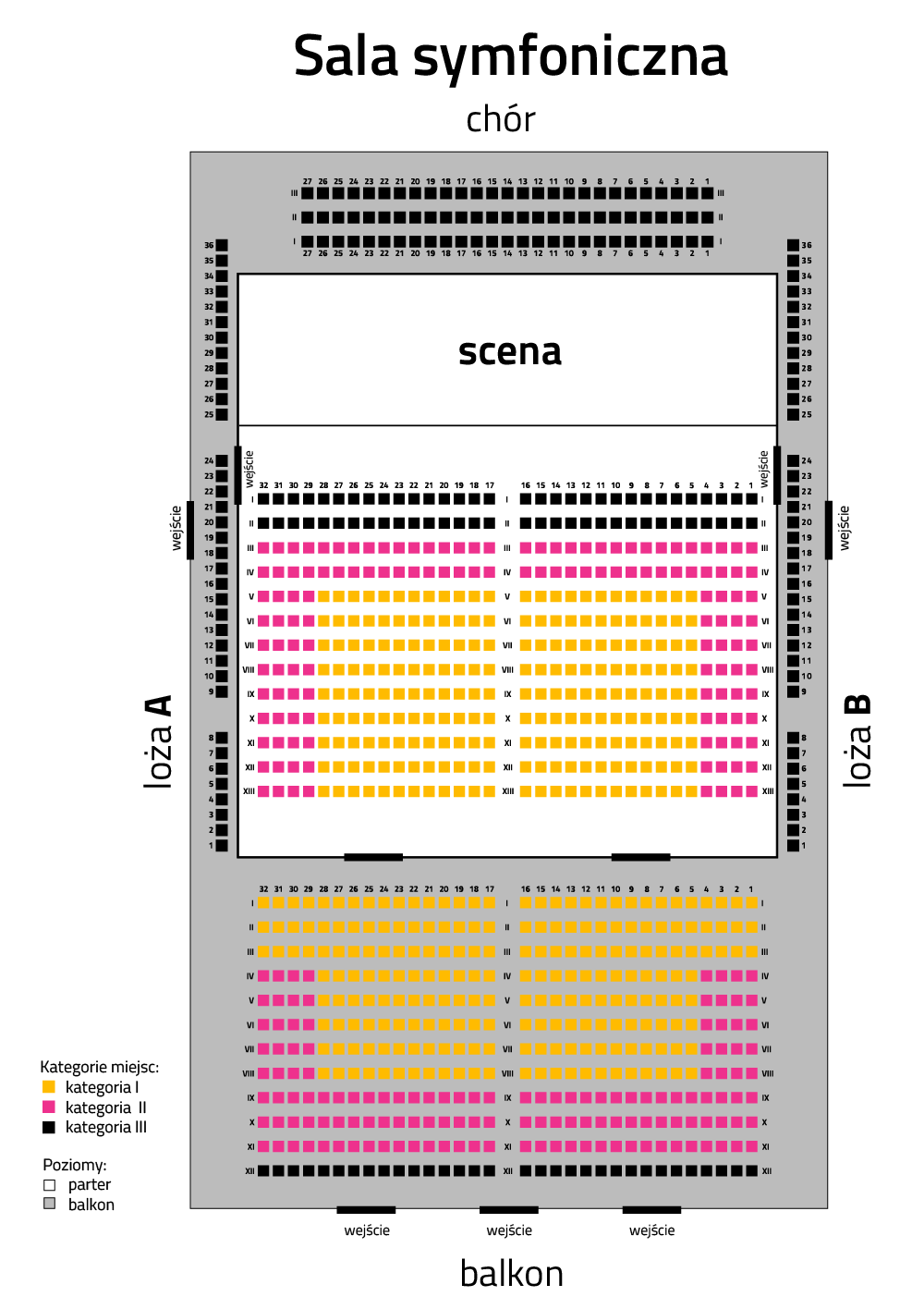In contemporary pop culture it is sometimes possible to get the impression that, for example, film music began with the soundtrack to "The Pirates of the Caribbean", and the best way to tell the story of Romeo and Juliet is by using hip-hop. Well, both the music to the pirate movie and the most famous love story have already been developed. This was by the wonderful child of composition Erich Korngold and the classical composer of 20th century music Sergei Prokofiev.
Austrian composer Erich Wolfgang Korngold (1897-1957) was considered a marvelous child in his early years. At the age of nine he introduced his Gold cantata to Gustav Mahler, who immediately recommended him to study with prof. Zemlinsky. At the age of eleven he wrote music to the ballet "Der Schneeman", which was produced at the Vienna State Opera and made quite a stir. More importantly, after Korngold had grown up, he maintained his phenomenal ability, which continued to amaze the world by the vastness of his composing invention. The intensification of the Nazi ideology and directly the Anschluss of Austria made many other composers decide to emigrate. Then, in 1934, Max Reinhardt (Austria born American film and theater director) invited him to Hollywood. And so Korngold started a several-year-long adventure writing film music. Actually, he is considered a pioneer of great symphonic works written to Hollywood productions. The soundtrack to the pirate story "Captain Blood" (1935) is now considered a classic. His film music was so influential that even when it was separated from the motion picture, it was as good as works of absolute music. In the late 1930s Korngold returned to writing autonomous music. In 1937 a violin concerto was created (premiere with Heifetz) as well as i.a. cello concerto (1946), serenade for string orchestra (1947) and symphony (1947-1952). Erich Korngold remained faithful to the late-Romantic style, which was out of fashion when he returned to writing non-film music. Therefore, at the end of his career path, the artist was convinced that he had been forgotten. Today, however, his work is increasingly becoming an object of interest.
At first glance there are several parallels between Korngold and Prokofiev. Prokofiev also emigrated as a result of political changes – right after the October Revolution. However, after 20 years he returned to the Soviet Union. Similarly to Korngold, Sergiej Prokofiev originated from late-Romantic traditions. But in the course of his artistic development, the Russian artist began to process romantic and classical music conventions in the new modernist spirit, which made him the greatest neo-classical composer of the 20th century.
As it is easy to guess, Prokofiev's return to the Soviet Union was extremely risky. Great individuals were treated badly here because they could threaten the authority of the party. Let’s note that during Prokofiev's time, there was an orchestra without a conductor "Piersinfans" operating in the USSR. So why did Prokofiev, who was quite comfortable in the West, decided to return? One of the hypotheses is that in view of the fact that Rachmaninov was the greatest composer in the United States, and in Europe Prokofiev was always second to Stravinsky, in the face of Shostakovich's political condemnation in the Soviet Union, he could count on primacy (article in “New Grove Dictionary”, author Dorothea Redepenning). Either way, by returning home, Prokofiev condemned his compositions (as well as himself) to a precarious fate. The ballet "Romeo and Juliet" (1935) featuring his music, despite advanced staging works at the Bolshoi Theater, was not premiered in Moscow, but in Brno. All due to the objection of the chairman of the Art Committee, Platon Kerzhentsev.
The ballet was designed not as a choreographic sequence, but a dramatically coherent story. Prokofiev's ballet music is extremely profound, and the pieces selected by the composer to the three suites do really well beyond theater. And beyond politics.
------------------------------
Mikołaj Rykowski PhD
Musicologist and clarinetist, doctorate, and associate at the Department Music Theory at the Paderewski Academy of Music in Poznań. Author of a book and numerous articles devoted to the phenomenon of Harmoniemusik – the 18th-century practice of brass bands. Co-author of the scripts "Speaking concerts" and author of the spoken introductions to philharmonic concerts in Szczecin, Poznań, Bydgoszcz and Łódź.

